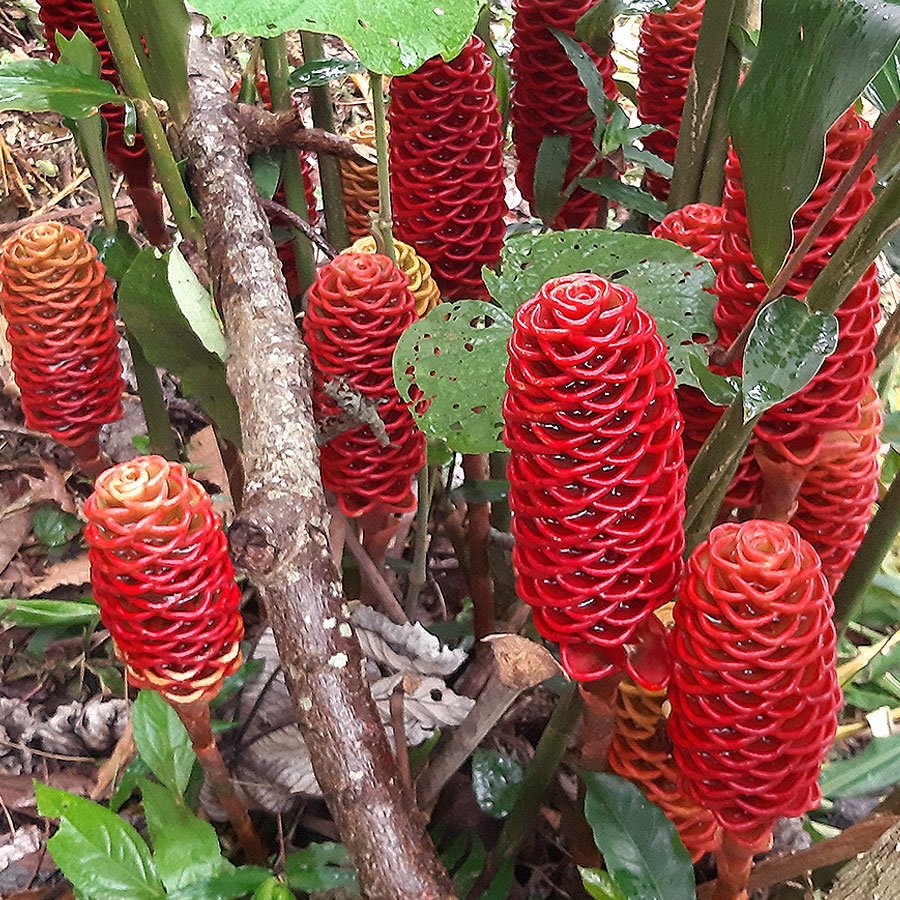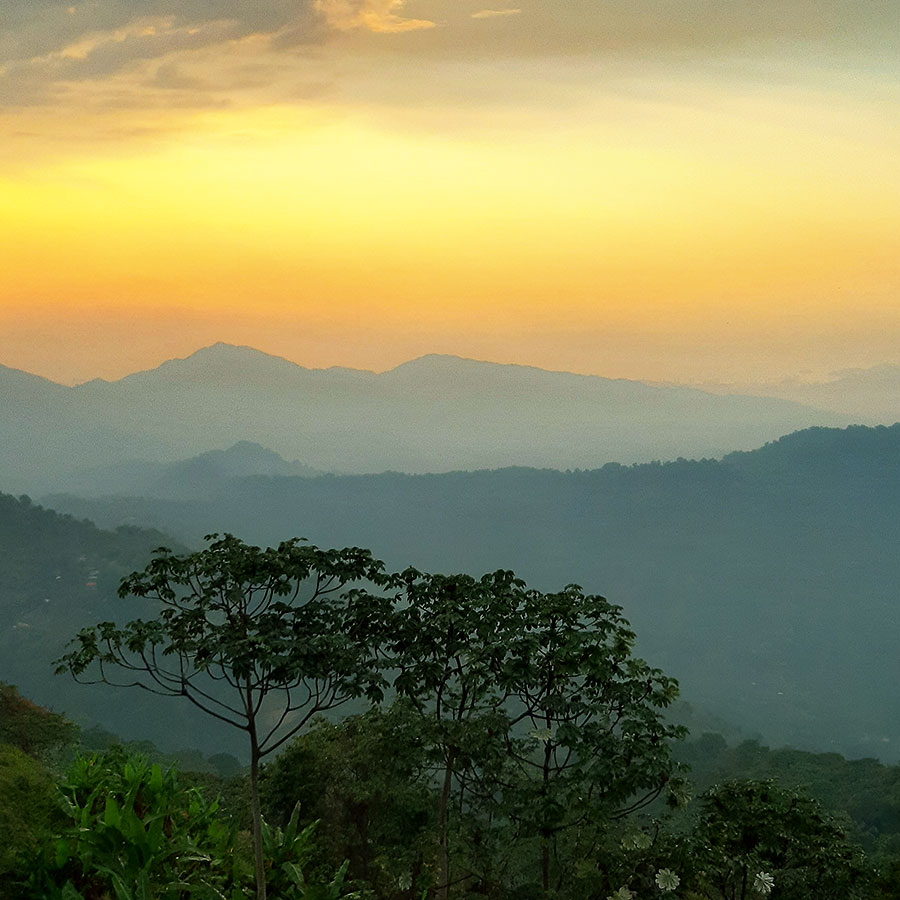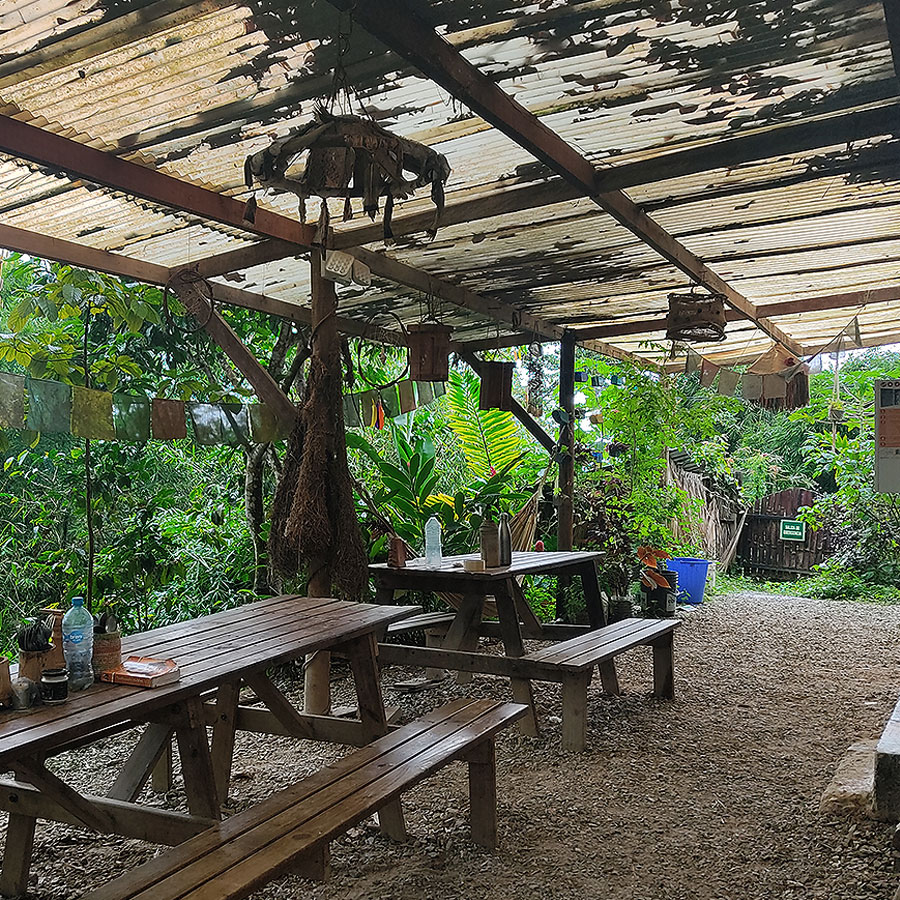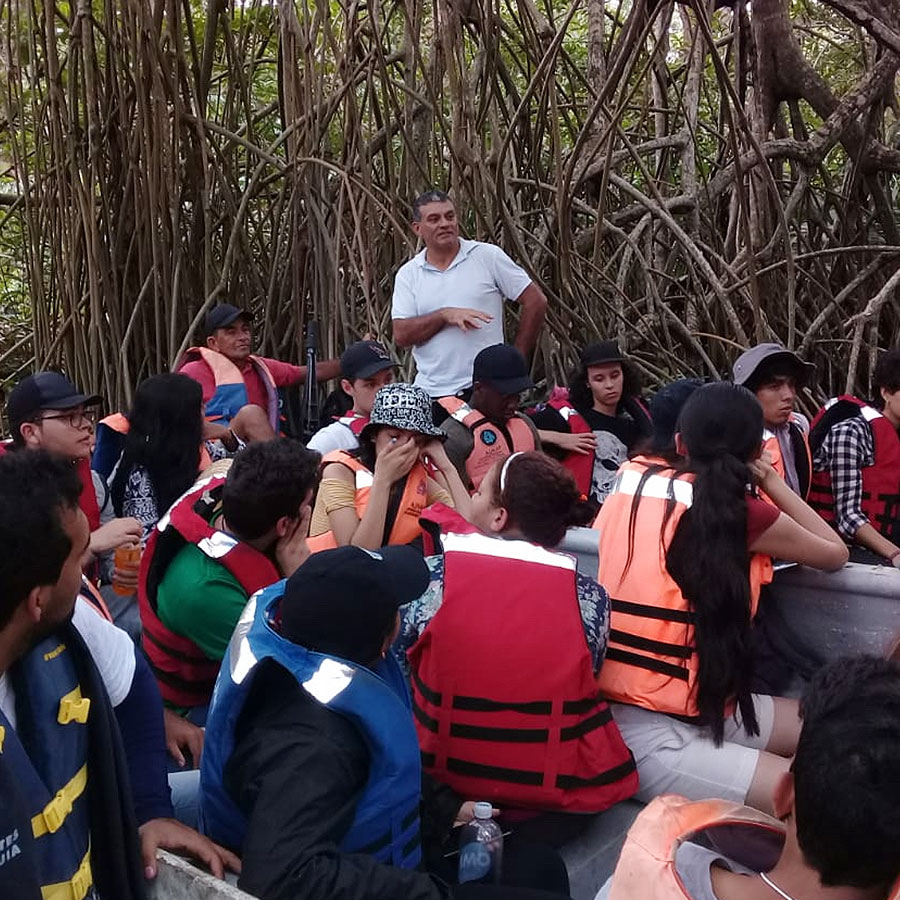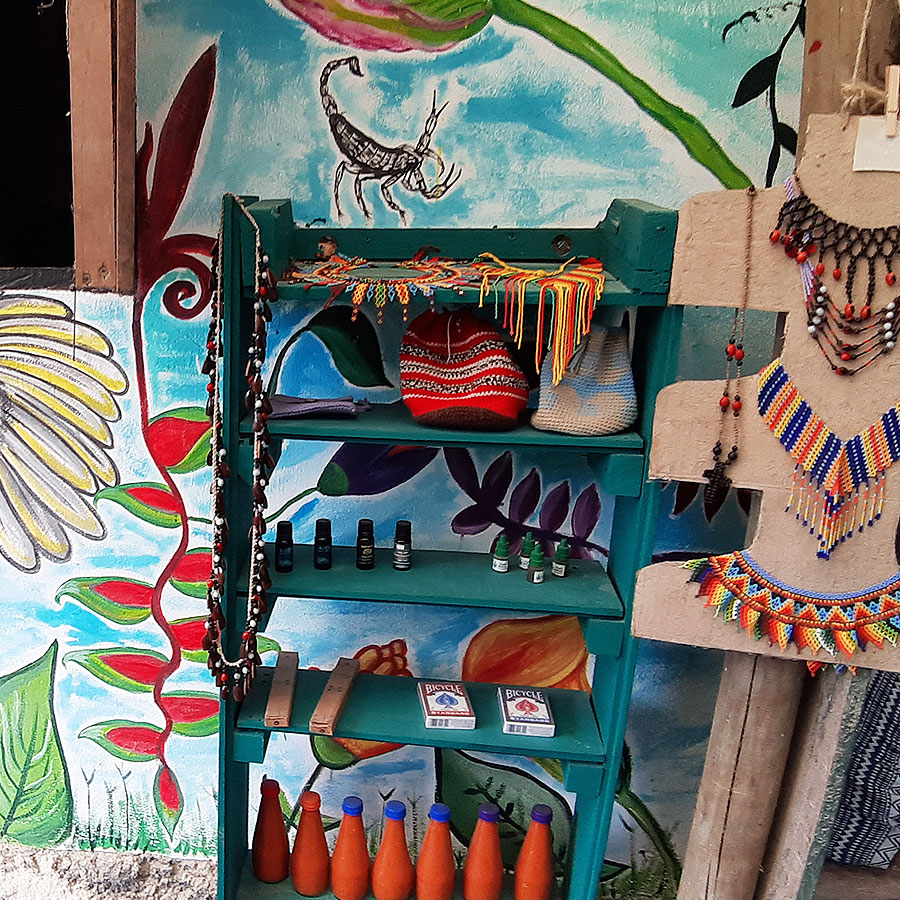A journey to discover and conserve!
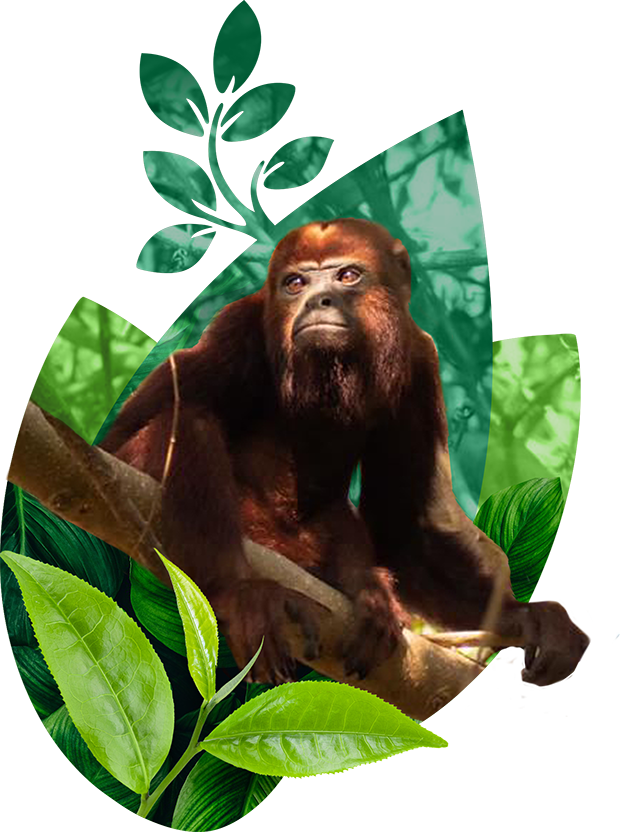
Research and learn while immersed in local culture
Explore biodiversity and local culture
Discover the Colombian Caribbean through scientific tourism in Minca, Bahía de Cispata and Ciénaga Grande de Santa Marta. Explore nature, study biodiversity, and contribute to the conservation of these destinations. Accompanied by local hosts, you’ll be able to conduct research, study flora and fauna, restore mangroves, and monitor ecosystems. Become an active part of scientific knowledge and enjoy a unique experience in the Colombian Caribbean.
Cispata Bay
Cordoba
Minca, Sierra Nevada
de Santa Marta
Cienaga Grande
de Santa Marta
Explore the Bay of Cispata, home to the best-preserved mangroves in the Colombian Caribbean
Discover the magic of Minca and immerse yourself in its fascinating tropical dry forests.
Discover the fascinating synergy between science and amphibian culture in the Cienaga Grande de Santa Marta.
Discover the Magic of the Colombian Caribbean
SPECIES OF BIRDS
SPECIES OF FISH
SPECIES OF MAMMALS
SPECIES OF REPTILES
SPECIES OF INSECTS
Our work
Research logistical support services
Participatory Science and Responsible Tourism
Guiding investment in science tourism
Monitoring and Conservation Guidance
Plan Prices
We are ready to join you on this exciting journey of discovery and learning!
Our plans include
Transportation
service
refreshments
service
spaces
Insurance
Guidelines for a Successful Field Experience
- Follow the recommendations of local guides regarding the sites to visit and the climate during your travel period. The rainy seasons are from April to May and from September to November, which may require additional effort.
- Each trail has its own level of difficulty; some trails are longer and more challenging than others. In any case, it’s always important to wear suitable footwear with good grip, preferably trekking shoes.
- Check your vaccination schedule. Before traveling to neotropical countries like Colombia, it’s recommended to get vaccinated for yellow fever, hepatitis and tetanus.
- Remember to bring any medications you may need during your visit. As a precaution, it’s a good idea to bring medicine for minor headaches, upset stomachs, or general flu symptoms..
- Inform your travel organizer and destination operator of any dietary restrictions or allergies so that your travel service provider can prepare and accommodate your needs.
We recommend that you follow these guidelines:
- Make sure you have the necessary equipment and materials for your research. If you need any materials at the destination, inform and coordinate with the destination operator in advance. We do NOT provide scientific equipment for data analysis.
- It’s important to use insect repellent, sunscreen, wear a hat, and stay hydrated during your excursions. If you’re in water, avoid using creams or repellents that could contaminate the water.
- Practice good stewardship of natural resources. Avoid wasting water, using excessive energy, or littering in unauthorized areas.
- Nature is unpredictable, and the success of an observation depends on many factors beyond our control. However, with our knowledge and preparation, we’ll do what’s necessary to achieve our research goals.
- Support the local economy of the destination by purchasing items, crafts, or souvenirs.
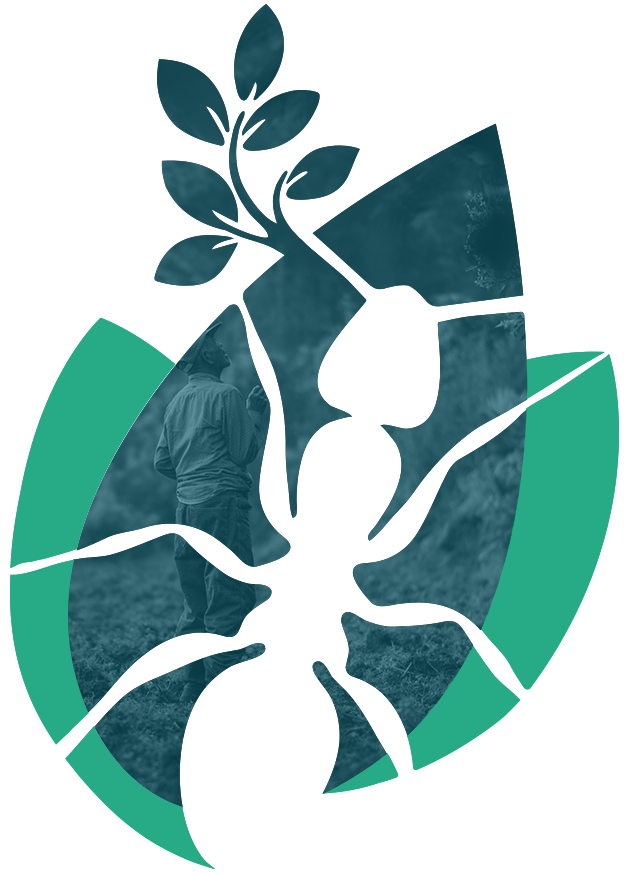
Things to consider
EcoEncounter promotes responsible scientific tourism that respects the environment and local communities. To ensure a positive experience for everyone, it’s important to follow the following rules:
- Do not enter the trails if you are under the influence of alcohol, and do not consume alcoholic beverages or psychoactive substances.
- Do not hike on unauthorized trails. Always hike with a companion or local guide.
- Follow the safety, biosecurity, and risk prevention measures indicated by guides, tour operators, and site administrators.
- Do not take, buy, keep, or sell wildlife. The commercialization of these species is illegal and punishable by law (Law 599 of 2000, Decree 1608 of 1978 and Law 397 of 1997).
- Do not engage in the illegal commercialization or trafficking of cultural property. The commercialization of these goods is also illegal and punishable by law (Law 397 of 1997, Decree 833 of 2002, Law 1185 of 2008, Law 63 of 1986, and Law 1675 of 2013).
- Do not seek, use or promote commercial sexual exploitation of children, adolescents or minors. If you witness such a situation, report it to the hotline 141 (Law 1336 of 2009 and Law 1098 of 2006).
- Our company supports racial and gender equality (Law 1432 of 2011 and Law 1752 of 2015).
Community Hosts
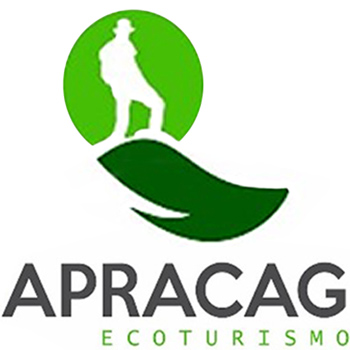
APRACAG
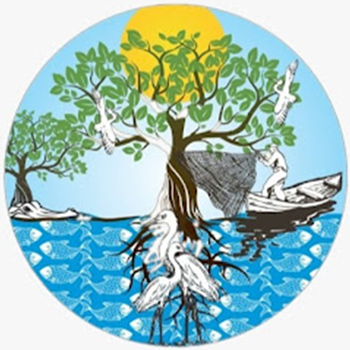
COVICOMPAGRA

MUJERES DIOS CON NOSOTROS
ecosystems of tropical dry forest. They have their own property where they raise bocachico fish and an area where they grow organic crops, using a Zenú hydraulic irrigation system, a village aqueduct and organic family gardens, along with food service.
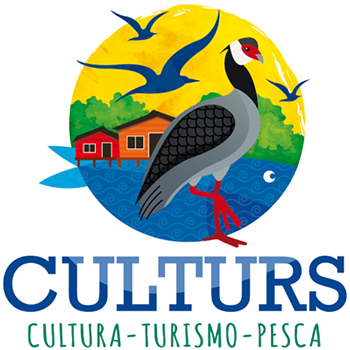
CULTURS
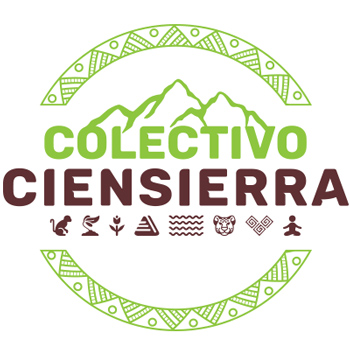
CIENSIERRA
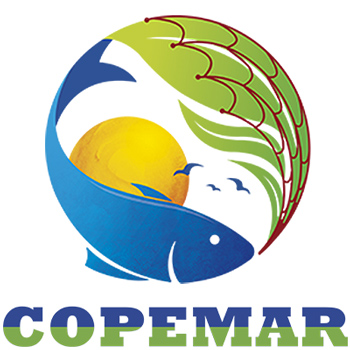
COPEMAR
and students interested in topics related to artisanal fishing. They offer office space and areas for the handling and conservation of fish products.
Frequently asked questions
FAQ
What types of activities can be conducted on a science tourism trip?
During a science tourism trip, a variety of activities can be undertaken that focus on research, learning, and conservation. Some common activities include
- Field excursions: Visits to natural ecosystems such as forests, mangroves, or crops to observe and study flora, fauna, and ecological processes.
- Sampling and data collection: Participating in the collection of samples and scientific data, such as biodiversity studies, water analysis, soil sampling, etc.
- Species observation: Observing birds, marine mammals, reptiles, or other animal species in
their natural habitat, documenting their behavior and distribution. - Interacting with local communities: Getting to know and working with local communities, learning from their ancestral knowledge of the natural environment, and participating in community tourism projects.
- Workshops and Lectures: Participating in educational workshops and lectures led by scientists and experts in various fields to explore specific topics related to research and conservation.
- Conservation Activities: Contribute to environmental conservation by participating in activities such as reforestation, beach cleaning, ecosystem restoration, and more.
What types of research projects can be conducted during a scientific tourism trip?
- Biodiversity studies: Research aimed at identifying and documenting the biodiversity of a particular area through sampling and analysis of flora and fauna.
- Ecosystem monitoring: Tracking and assessing the health and changes in ecosystems, such as measuring water quality, assessing vegetation cover, or monitoring populations of key species.
- Environmental impact assessments: Assessing the impact of human activities, such as infrastructure construction, natural resource extraction, or tourism, on ecosystems and local communities.
- Climate research: Collecting meteorological data and analyzing climate patterns to understand the effects of climate change in a particular region.
- Animal Behavior Studies: Observing and analyzing animal behavior in their natural habitat to better understand their interactions and adaptations.
- Conservation studies: Research focused on the conservation of endangered species, threatened habitats, or the implementation of effective conservation strategies.
- Cultural studies: The study of the traditions, customs, beliefs, and cultural practices of a particular community or region, analyzing aspects such as music, dance, cuisine, rituals, and festivals.
- Community Tourism Studies: Research that focuses on the impact of tourism on local
communities, exploring how tourism can contribute to sustainable development, community empowerment, and cultural preservation. - Tourist Perception Analysis: Studies that examine visitors’ attitudes, experiences, and opinions about a particular destination in order to better understand their motivations, expectations, and satisfaction.
- Social Interaction Studies: Observation and analysis of social interactions between tourists and the local community, examining how relationships are built, knowledge is shared, and mutual benefits are generated.
- Local development research: Studies that examine the impact of local development projects on host communities, analyzing aspects such as job creation, social inclusion, women’s empowerment, and access to basic services.
- Heritage perception studies: Research that analyzes how local communities perceive and value their cultural and natural heritage, and how this influences conservation and management practices.
- Responsible Tourism Studies: Research aimed at understanding and promoting responsible and sustainable tourism practices, analyzing issues such as waste management, conservation of the natural and cultural environment, and active community participation.
How do local communities benefit from science tourism?
- Economic development: Scientific tourism can create employment and entrepreneurship opportunities within local communities. Community members can participate as tour guides, lodging and food providers, artisans, and others, contributing to income generation and local economic development.
- Cultural and heritage preservation: Scientific tourism can foster interest in and appreciation of the culture and heritage of local communities. Interaction with visitors can motivate communities to maintain and promote their traditions, cultural practices, and historically significant sites, thus contributing to the preservation of their cultural identity.
- Knowledge transfer: Scientific tourism facilitates the exchange of knowledge between scientists, researchers and visitors interested in the specific theme of the destination. Local communities can benefit by learning and sharing knowledge about biodiversity, local ecosystems, history, traditions, and other relevant areas, which increases awareness and a sense of ownership.
- Improving infrastructure and services: With the growth of scientific tourism, investments are likely to be made in improving tourism infrastructure and basic services in local communities. This may include building or renovating accommodation, improving access roads, expanding health and education services, etc., benefiting both local residents and visitors.
- Conservation and sustainable resource management: Scientific tourism can raise awareness of the importance of conserving natural resources and biodiversity. Through educational and research activities, sustainable tourism practices can be implemented that promote the conservation of ecosystems and the responsible use of resources to ensure their long-term availability for local communities and future generations.

